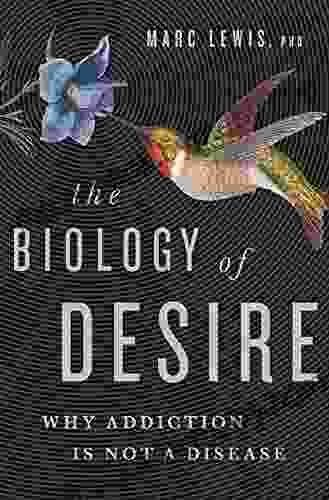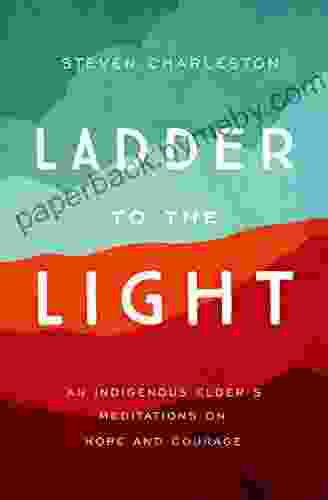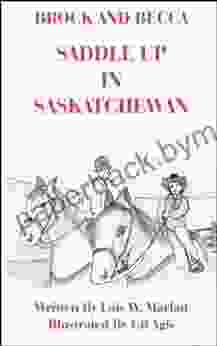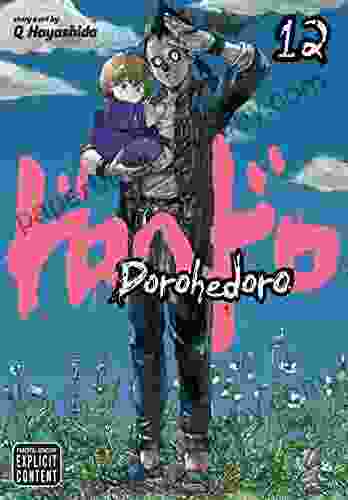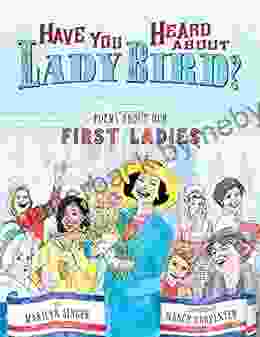Why Addiction Is Not a Disease

Uncover the Truth and Find True Recovery

4.6 out of 5
| Language | : | English |
| File size | : | 2857 KB |
| Text-to-Speech | : | Enabled |
| Screen Reader | : | Supported |
| Enhanced typesetting | : | Enabled |
| X-Ray | : | Enabled |
| Word Wise | : | Enabled |
| Print length | : | 256 pages |
In the world of addiction, there's a prevailing narrative that addiction is a disease, a chronic, relapsing brain disFree Download. This view has dominated medical and scientific discourse for decades, influencing countless lives and shaping the approach to addiction treatment.
However, a growing body of evidence and emerging perspectives challenge this traditional understanding of addiction as a disease. Experts are re-evaluating the nature of addiction, questioning its classification as a medical condition.
In this in-depth article, we'll delve into why addiction is not a disease, exploring the scientific evidence, alternative perspectives, and the profound implications for addiction recovery.
Addiction as a Disease: A Problematic Paradigm
The disease model of addiction has been widely accepted, leading to a predominant focus on medical interventions and pharmacological treatments as the primary approach to recovery. However, this paradigm has several inherent problems:
1. Limited Efficacy:Despite advancements in medical research, addiction treatment outcomes remain sobering. The majority of individuals struggling with addiction relapse multiple times, indicating the ineffectiveness of solely relying on disease-oriented interventions.
2. Stigmatization:Labeling addiction as a disease perpetuates stigma and shame around individuals who struggle with substance use disFree Downloads. This stigma can hinder their access to support and create barriers to recovery.
3. Misinterpretation of Relapse:The disease model portrays relapse as a failure or weakness, neglecting the complex interplay of psychological, social, and environmental factors that contribute to relapse. This can lead to self-blame and hinder the motivation for sustained recovery efforts.
Challenging the Disease Model: Emerging Perspectives
Recent research and innovative approaches challenge the disease model of addiction, proposing alternative perspectives:
1. Addiction as a Learned Behavior:Cognitive-behavioral therapy (CBT) and other behavioral therapies posit that addiction is a learned behavior, influenced by environmental cues, social factors, and reinforcement mechanisms. Addiction develops through a process of repeated drug use, resulting in changes in brain circuitry but not necessarily a disease state.
2. Addiction as a Coping Mechanism:Many individuals turn to substance use as a way to cope with underlying emotional, psychological, or social problems. Addiction becomes a maladaptive coping strategy, rather than a symptom of an underlying disease process.
3. Addiction as a Biopsychosocial Phenomenon:Addiction is a complex phenomenon influenced by biological, psychological, and social factors. It cannot be solely attributed to genetic predispositions or brain dysfunction. Recovery involves addressing all aspects of an individual's life, not just focusing on the neurochemical effects of substance use.
The Implications for Addiction Recovery
Recognizing that addiction is not a disease has profound implications for addiction recovery and treatment approaches:
1. Empowering Individuals:It shifts the focus from treating a disease to empowering individuals to take ownership of their recovery journey. Individuals can recognize their role in changing learned behaviors and developing healthier coping mechanisms.
2. Holistic Treatment:Recovery becomes more comprehensive, addressing the underlying psychological, social, and environmental factors that contribute to substance use. Treatment plans should encompass therapy, support groups, lifestyle changes, and relapse prevention strategies.
3. Reducing Stigma and Shame:By de-labeling addiction as a disease, we reduce the stigma and shame associated with substance use disFree Downloads. Individuals can seek help without fear of judgment or societal disapproval.
4. Tailored Recovery Strategies:Treatment approaches can be tailored to the individual needs of each person, recognizing that addiction is not a one-size-fits-all condition. This personalization improves treatment outcomes and supports long-term recovery.
Challenging the traditional disease model of addiction opens up new avenues for understanding and treating substance use disFree Downloads. Addiction is not a disease but a complex phenomenon that can be overcome through a combination of cognitive-behavioral therapy, coping mechanisms, and a holistic approach to recovery.
By empowering individuals, reducing stigma, and developing tailored treatment strategies, we can break free from the limitations of the disease model and guide individuals towards sustainable recovery. The time has come to embrace a transformative understanding of addiction and unlock the true potential for lasting recovery.
4.6 out of 5
| Language | : | English |
| File size | : | 2857 KB |
| Text-to-Speech | : | Enabled |
| Screen Reader | : | Supported |
| Enhanced typesetting | : | Enabled |
| X-Ray | : | Enabled |
| Word Wise | : | Enabled |
| Print length | : | 256 pages |
Do you want to contribute by writing guest posts on this blog?
Please contact us and send us a resume of previous articles that you have written.
 Book
Book Novel
Novel Page
Page Chapter
Chapter Text
Text Story
Story Genre
Genre Reader
Reader Library
Library Paperback
Paperback E-book
E-book Magazine
Magazine Newspaper
Newspaper Paragraph
Paragraph Sentence
Sentence Bookmark
Bookmark Shelf
Shelf Glossary
Glossary Bibliography
Bibliography Foreword
Foreword Preface
Preface Synopsis
Synopsis Annotation
Annotation Footnote
Footnote Manuscript
Manuscript Scroll
Scroll Codex
Codex Tome
Tome Bestseller
Bestseller Classics
Classics Library card
Library card Narrative
Narrative Biography
Biography Autobiography
Autobiography Memoir
Memoir Reference
Reference Encyclopedia
Encyclopedia John Berger
John Berger Prakruti Prativadi
Prakruti Prativadi Ken Venturi
Ken Venturi Rick Telander
Rick Telander Kevin Donovan
Kevin Donovan Lisa Druxman
Lisa Druxman Kevin Milton
Kevin Milton Steven Cowie
Steven Cowie Lee Jackson
Lee Jackson Robert Eisenman
Robert Eisenman Lizzie Benton
Lizzie Benton Kevin A Hassett
Kevin A Hassett Zack Horton
Zack Horton Lisa Robinson
Lisa Robinson United States Government Us Army
United States Government Us Army Russell Davis
Russell Davis Marc Lewis
Marc Lewis Lawrence Chui
Lawrence Chui Roy Popson
Roy Popson Tony Spawforth
Tony Spawforth
Light bulbAdvertise smarter! Our strategic ad space ensures maximum exposure. Reserve your spot today!
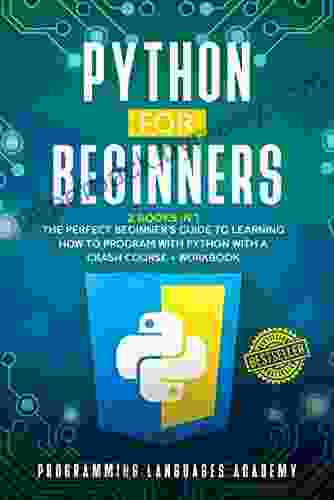
 Bruce SnyderThe Perfect Beginner's Guide to Learning How to Program with Python for Crash
Bruce SnyderThe Perfect Beginner's Guide to Learning How to Program with Python for Crash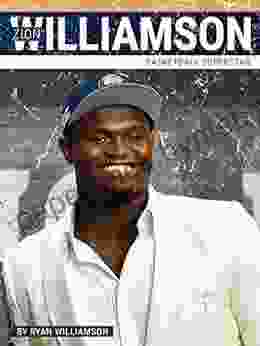
 Francis TurnerZion Williamson Basketball Superstar Primetime: The Ultimate Guide to Zion's...
Francis TurnerZion Williamson Basketball Superstar Primetime: The Ultimate Guide to Zion's... Cristian CoxFollow ·13.6k
Cristian CoxFollow ·13.6k Marvin HayesFollow ·14.2k
Marvin HayesFollow ·14.2k Dwayne MitchellFollow ·17.2k
Dwayne MitchellFollow ·17.2k Kenneth ParkerFollow ·5.5k
Kenneth ParkerFollow ·5.5k Terry PratchettFollow ·5.3k
Terry PratchettFollow ·5.3k Ashton ReedFollow ·8.6k
Ashton ReedFollow ·8.6k Martin CoxFollow ·4.4k
Martin CoxFollow ·4.4k Eugene PowellFollow ·3k
Eugene PowellFollow ·3k
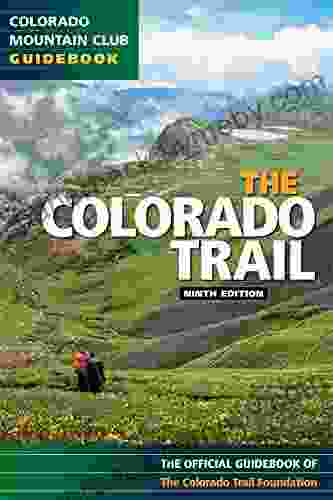
 Isaac Asimov
Isaac AsimovEmbark on an Epic Adventure: The Colorado Trail 9th...
Unveiling the Treasures of the Colorado...
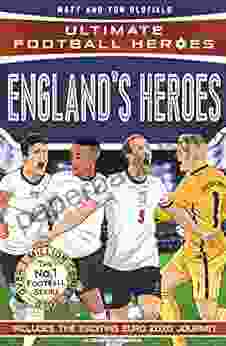
 Clinton Reed
Clinton ReedUltimate Football Heroes: Uncover the Gridiron Greatness...
Enter the World...
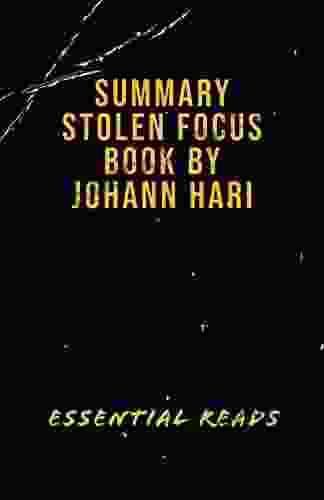
 Ibrahim Blair
Ibrahim BlairUnveiling the Secrets of Stolen Focus: A Journey to...
In today's relentless digital...

 Colt Simmons
Colt SimmonsRediscover the Founding Father's Vision: Thomas Jefferson...
Immerse Yourself in the Unedited Words of...
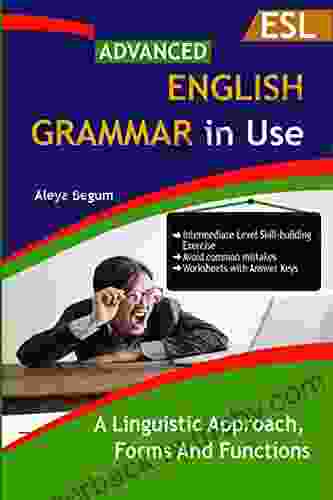
 Juan Butler
Juan ButlerExcel in Language Learning: The Ultimate Self-Study...
Unlock Your Language Potential with Our...
4.6 out of 5
| Language | : | English |
| File size | : | 2857 KB |
| Text-to-Speech | : | Enabled |
| Screen Reader | : | Supported |
| Enhanced typesetting | : | Enabled |
| X-Ray | : | Enabled |
| Word Wise | : | Enabled |
| Print length | : | 256 pages |


